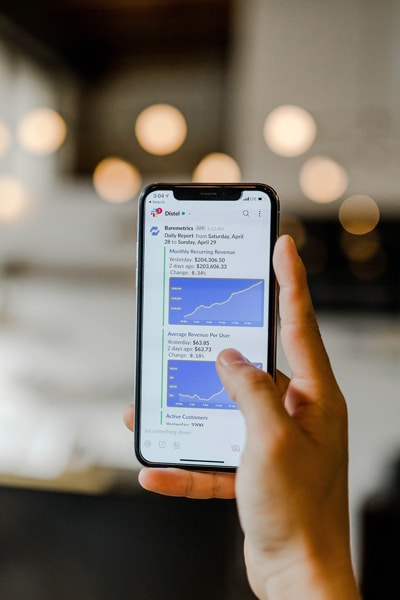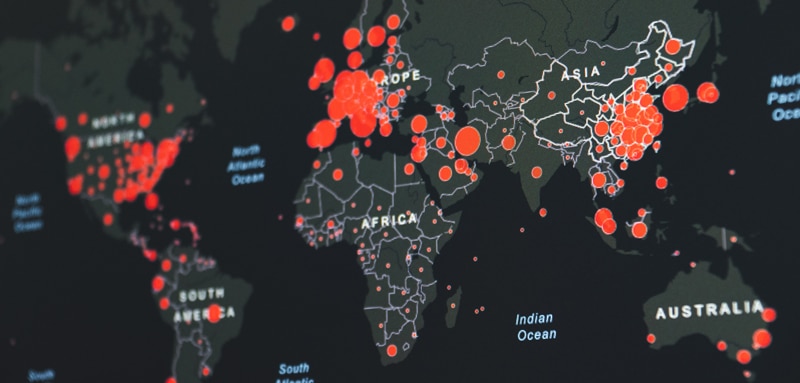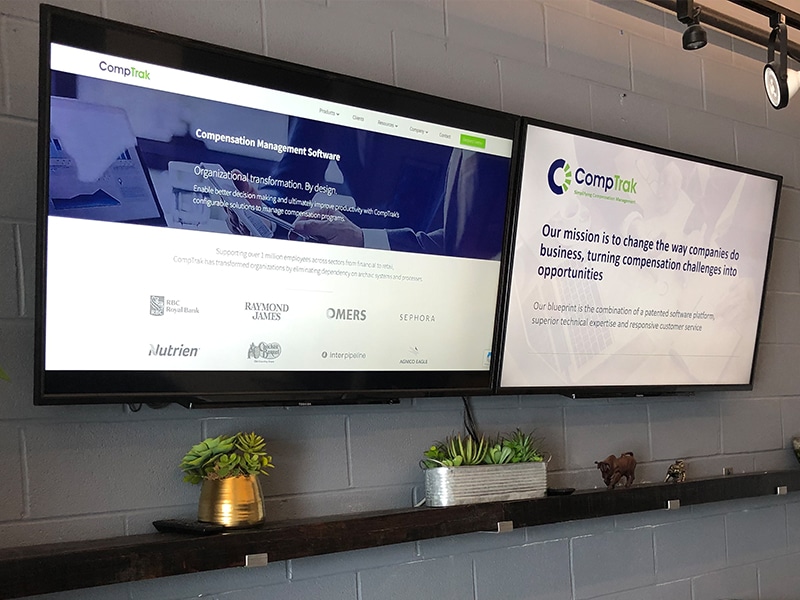COVID-19 was unlike anything we have seen before, its effect on society and our future was enormous. Businesses faced many difficult decisions in the weeks, months, and years during the pandemic. When you take a step back and examine the impact of COVID-19 from a wider lens, you will notice that we have faced similar periods of uncertainty before. Most recently, events like 9/11 and the financial crisis of 2008, sent the economy into uncharted territories and caused disruptions to many businesses, both small and large.
This blog series examines the impact of COVID-19 on compensation. For more information about annual bonuses and practical suggestions to help click here. This post will focus solely on Long-Term Incentive Plans. Long-term incentives are just that – meant for the long term, and if the shutdown continues for a longer period, they will also be affected. This post will give you ideas and suggestions to consider as you review your LTIP program.
Long-Term Incentive Plans
Long-term incentives have always held a strategic place in compensation strategy as an important tool to retain high-value employees. Many long-term incentive plans use equity or then some form of notional or phantom shares for compensating employees over multiple years. Awards can vest based on time periods, performance hurdles, or a combination of both. In certain industries, regulators have set rules around how much of an employee’s total compensation needs to be deferred over multiple years.
With many organizations suffering downturns in the stock market, employees will look at their equity plans and realize they are underwater or have lost significant amounts on unrealized value. The danger for organizations is that those employees will no longer have the incentive to stay and make look elsewhere for more lucrative opportunities. Remphasizing the potential for value from the rebound with new awards is one avenue to keep employees engaged. Another area of consideration is the split of long-term awards between cash and equity thus reducing your exposure to market volatility.
Compensation Split Between Short-Term and Long-Term
Does your organization have the right split between short-term and long-term incentives? If you are deferring a percentage of compensation into LTIP, do the deferral rates make sense and should they be adjusted to reflect the current economic environment? Consider modeling out different deferral rates and what impact that may have on cash awards vs. LTIP.
Reassess Share Ownership Requirements
With depressed share prices, employees with a share ownership requirement are under pressure to ensure they hold enough equity. This is a good time to review those requirements and extend grace periods considering COVID-19.
Change Provisions

Many of the suggestions listed above involve making changes to the long-term incentive plan. Before exploring those options further, it is important to understand what changes can be made to the compensation program. Does the plan have provisions for unique events like COVID-19 which allows for changes to allocations and award types? If not, it may be important to start the process of including such items to ensure flexibility going forward.
Program Visibility
Do our employees understand their compensation plans and the total value of our offering beyond just bonus and salary? Many companies used this opportunity to highlight other areas in addition to bonuses and salaries. A total rewards statement is a great way to communicate those programs and highlight the return on long-term incentive programs over the last decade. It’s important to remind employees of the perks and benefits outside compensation your organization offers. The total rewards portal is also a great way to communicate the culture and DNA of the organization.
Award New Employees

COVID-19 or any other economic uncertainty is always an opportunity to extend your LTIP program to more employees. More and more organizations are broadening their offerings of Restricted Share Units (RSU), Performance Share Units (PSU), and notional share programs to larger employee groups. There is no better way to reward loyalty than by making your employees feel like owners.
CompTrak successfully helped navigate many organizations through the COVID pandemic with its flexible platform. The adaptable technology ensured that each organization was able to make changes, pivot and iterate quickly on its compensation strategy without compromise To learn more about how we can support your organization contact us today!













